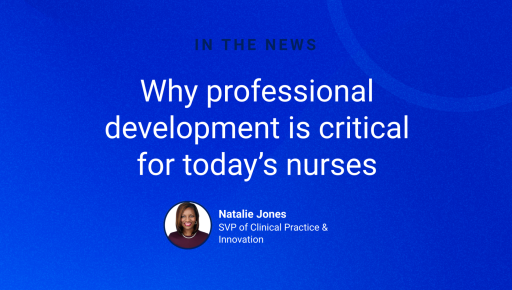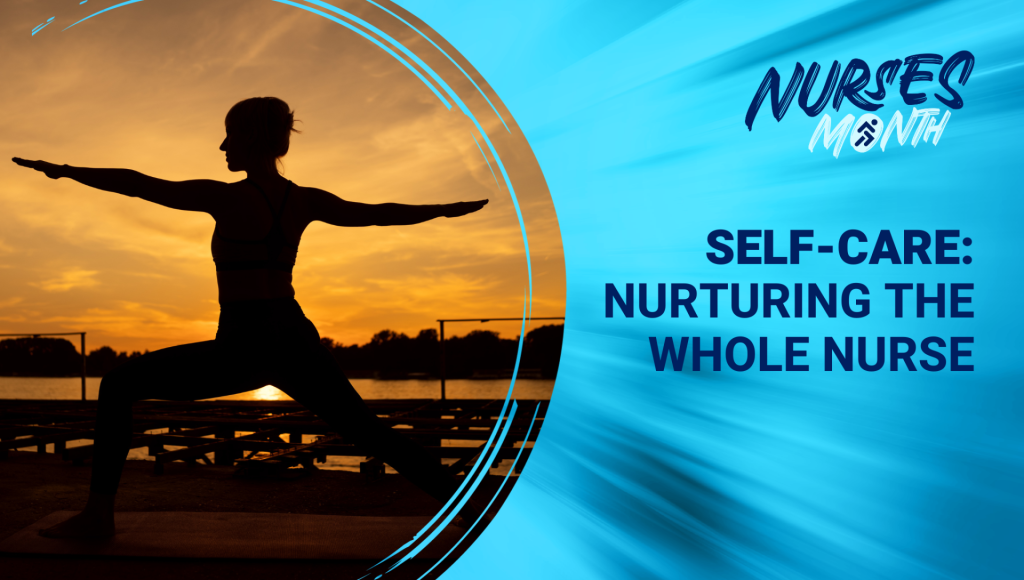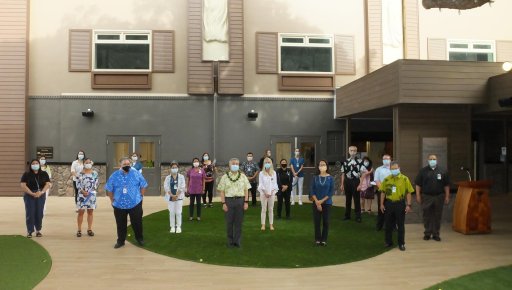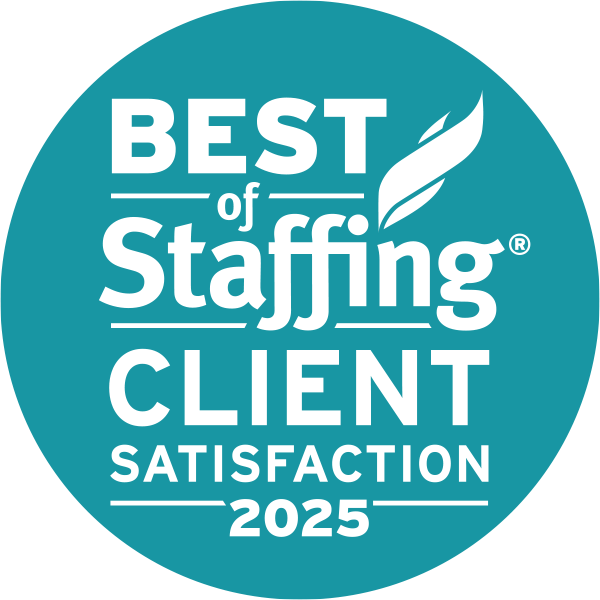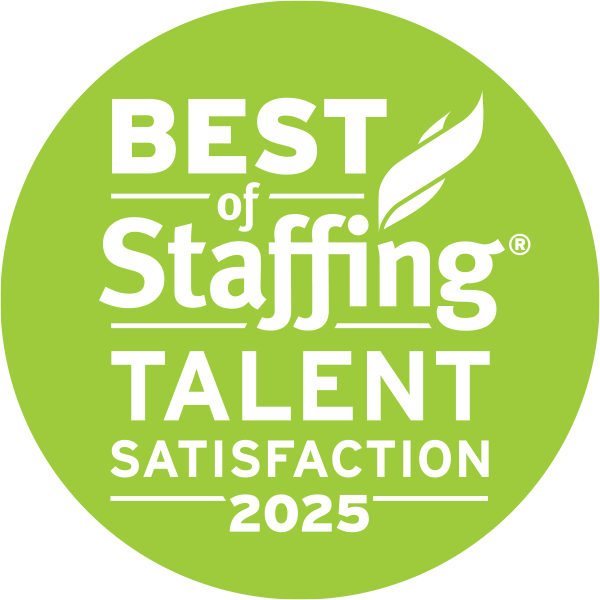By Terim Dortch MSN, RN, CPEN
Director of Clinical Talent Experience, Prolink
As nurses, our work tends to come first. How could it not? We work long hours, maintain irregular schedules, and most importantly, have our patients' well-being in our hands day in and day out. It's a lot—but we choose to make that sacrifice every day in the spirit of helping others. It's why nursing called us in the first place, and it's why so many of us remain feeling called to our hospitals, clinics, and facilities every day despite feeling anxious and drained at the very same time.
Seeking balance as a nurse can be difficult. Figuring out how to spend those precious hours away from the job can be even more challenging than the work itself. I know from my experience as a mom. There came a point where I had to admit to myself that I could be doing better. It was painful, but it was the crucial first step towards putting my family and well-being first. Now that I'm in the habit of waking up a little earlier for some "me time," I'm able to be more present for my kids and my colleagues. Filling up your cup first will, in turn, help your ability to fill others'.
Mental health is a hot-button issue in nursing circles these days, and for good reason. Nurses are leaving the profession in record numbers due to burnout and stress. It's not a stretch to call it a crisis, and at Prolink, we're taking steps to address it with resources and support for our clinicians in the field. But well-being isn't just mental. In my experience, I've found that it's necessary to care for the whole person. If we limit ourselves to just mental health, we're ignoring emotional health, spiritual health, and physical health—essential areas that all work in tandem to make up a healthy, whole human being.
If that sounds like a lot, I promise it's not as intimidating as you might think! Especially when you consider the ways we can address multiple areas at once. For example, a brisk morning walk helps both physical and mental health at the same time, and a short, guided meditation can give your spiritual and your emotional health a boost. Plus, both activities can be done in many different locations in under 30 minutes. Finding time can be difficult in such a demanding line of work, but even a few dozen minutes a day set aside just for you can work wonders.
If you're struggling, it's also important to remember that you're not alone. Support systems are everywhere, from coworkers, to family members, to organizations like Operation Happy Nurse—a personal favorite of mine. OHN was founded in 2020 by Shannon McPeek, a neonatal ICU nurse dealing with work-related anxiety. When she realized that many of her coworkers were also suffering in silence, she took it upon herself to start an online community that other nurses could turn to for support. Today, OHN is nearly 2,000 members strong and offers a plethora of resources including online discussion boards, in-person events, fitness regimens, a book club, and weekly recipes. Best of all, membership is completely free!
This Nurses Month, I encourage every clinician struggling with their well-being to seek support however they feel comfortable doing so. It's been a challenging several years for the field of nursing, but we can continue to weather the storm if we lean on each other and treat ourselves with the same compassion and grace we show our patients.
Want to learn more about Operation Happy Nurse? Click below to learn more, join, and donate to support their mission.
